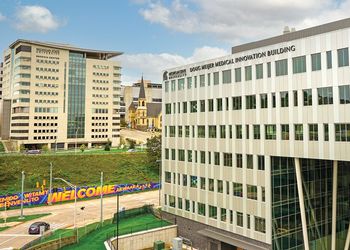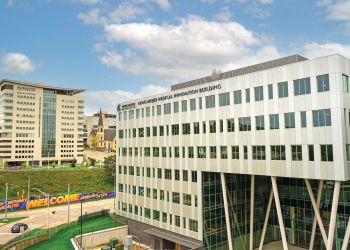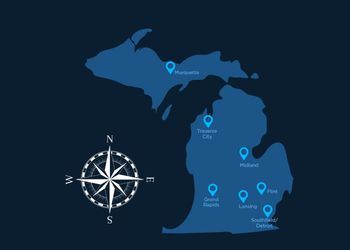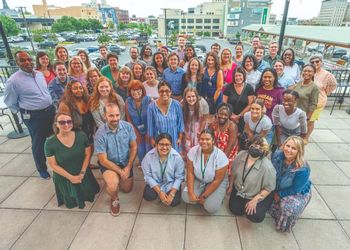Health Care Partnerships in Our Cities
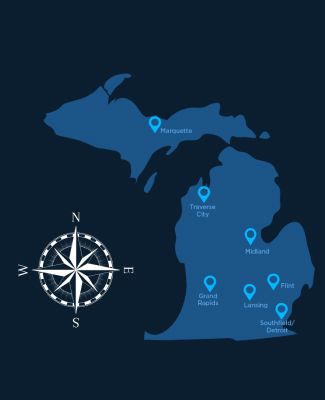
Health Care Partnerships in Our Cities
For decades medical education programs at MSU have been treating the state as its campus, taking teaching and health care efforts where they are needed most. It’s a reflection of the university’s land-grant philosophy. Health Sciences at Michigan State University consists of the colleges of Human Medicine, Nursing and Osteopathic Medicine, as well as the clinical practice of the university, MSU Health Care.
February 10, 2022The MSU College of Human Medicine differs from many medical schools in that there are seven locations for clinical education and programs in more than 50 affiliated hospitals and facilities instead of one university hospital. Throughout their training, students are immersed in communities similar to those in which most physicians work, gaining valuable practical experience. While in these communities, students receive clinical training in both ambulatory and hospital settings.
Grand Rapids:
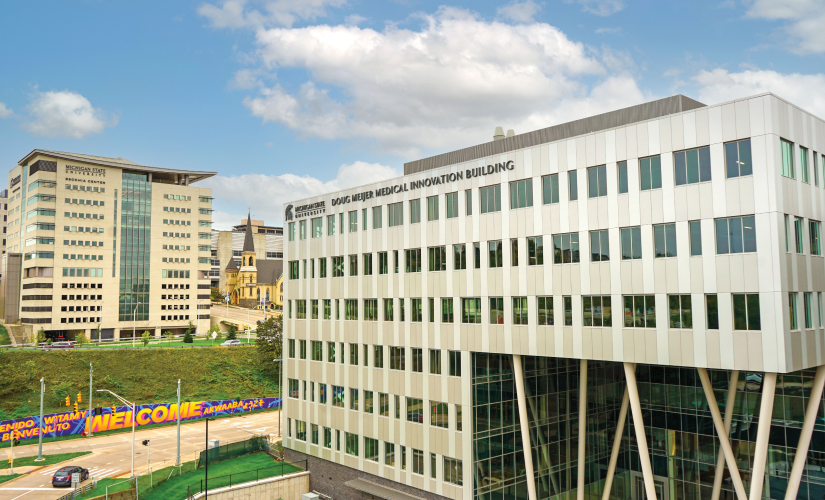
Between 2008 and 2010, the College of Human Medicine underwent one of the largest medical school expansions in the nation, doubling its enrollment to more than 800 medical students and establishing its headquarters in the privately funded Secchia Center in Grand Rapids. Then in 2017 the six-story Grand Rapids Research Center was opened as a home for basic and translational science research teams who are addressing many of the nation’s biggest health challenges, including Alzheimer’s disease, Parkinson’s disease, autism, women’s health and cancer. The confluence of these efforts, along with MSU Global Impact Initiative, the new IQ and research buildings on campus and the university’s vision for the transformation of health, has set the stage for the Doug Meijer Medical Innovation Building, slated to open in early 2022.
Lansing:
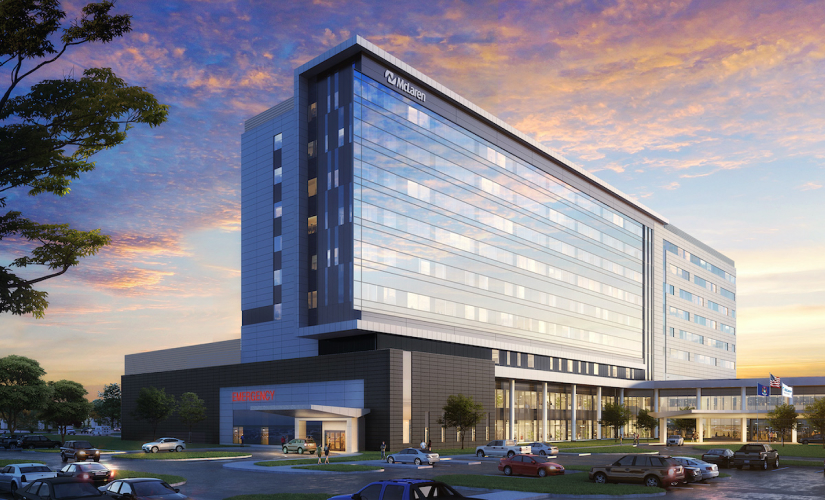
In December 2018, officials from McLaren Health Care and Michigan State University held a ceremonial groundbreaking at University Corporate Research Park, the next step in building a new $450 million health care campus in MSU’s own back yard. The South Lansing campus will house a 240-bed state-of-the-art hospital, cancer center, medical services building and other facilities to support health care delivery, educational opportunities and medical research. This comprehensive health care campus will be home to more than 1,000 physicians, researchers, educators and other members of the academic and health care team. It is scheduled to open in early 2022.
Flint:
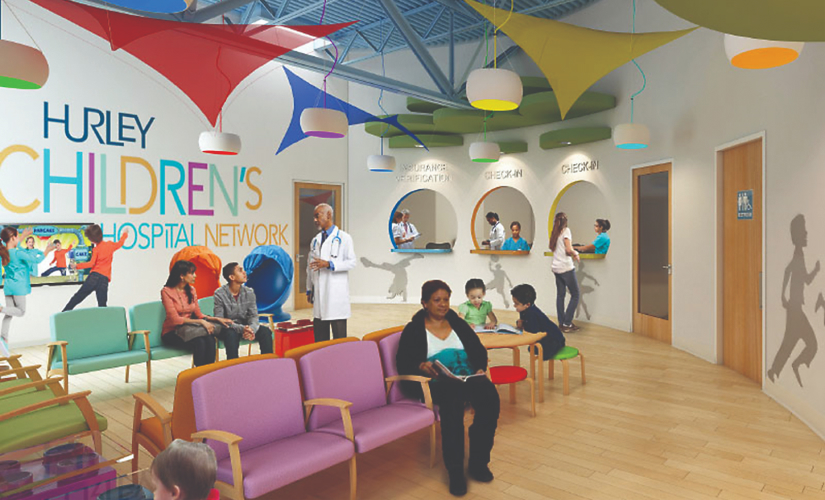
In 2014, with the support of the Charles Stewart Mott Foundation and the three Flint hospitals, the College of Human Medicine began an expansion in Flint and opened a downtown MSU location in the former Flint Journal building. This included increasing the number of medical students in Flint to 100, centering the College of Human Medicine’s Division of Public Health in downtown Flint and embarking on a mission to improve the health of the community by recruiting public health researchers to address Flint’s most pressing issues. In 2022, this expansion takes another step forward with an additional grant from the Mott Foundation.
Detroit:
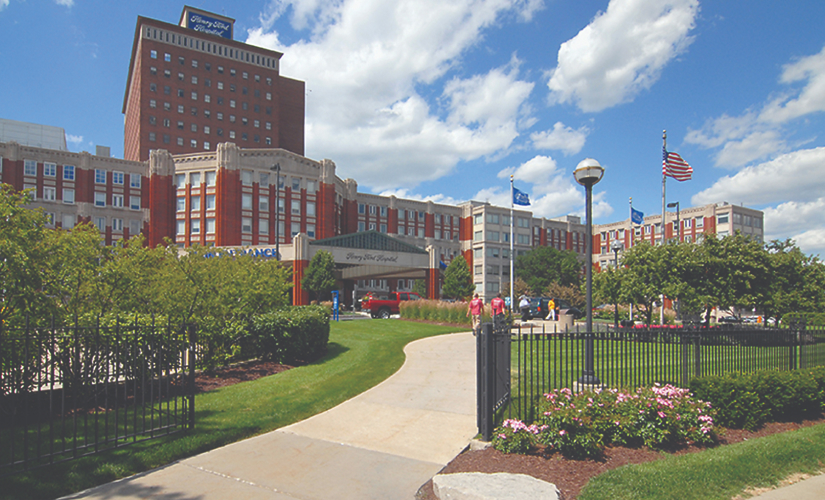
In 2021 Henry Ford Health System and Michigan State University, two of the state’s leading education, research and health care institutions, expanded their long-standing partnership. This set in motion efforts to make Michigan a national leader in providing access to exceptional health care for all residents, with a focus on scienti?c discovery and education for providers, patients and families. Through a joint research enterprise, a robust cancer center, and a focus on academic medical and health education of the future, this partnership will work to fight the health disparities that plague our most vulnerable communities, rural and urban. The team is fueled by passion, curiosity and a little bit of grit—tirelessly developing solutions, treatments and programs to make life collectively better.
Rural Health:
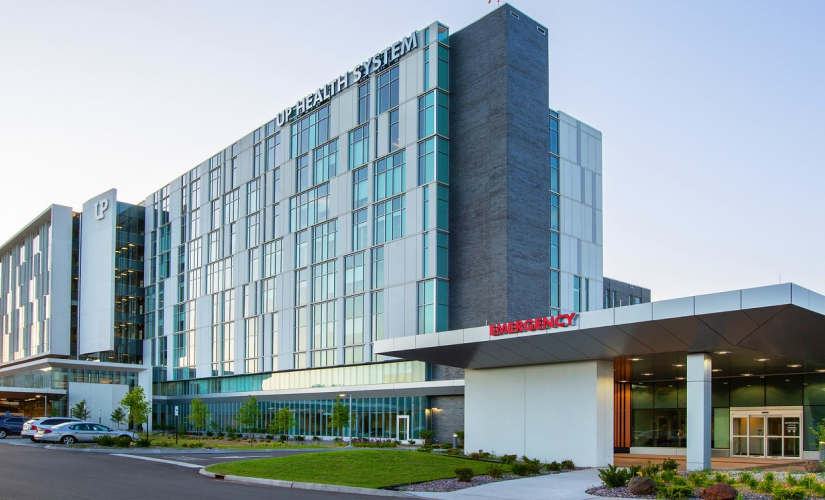
At campuses in Marquette, Traverse City and Midland, MSU’s Leadership in Rural Medicine program provides a path for students to learn and serve rural areas throughout Michigan. Dating back to 1975, MSU’s rural medicine program ranks as one of the nation’s first.
Author: Stephanie Motschenbacher, '85, '92


